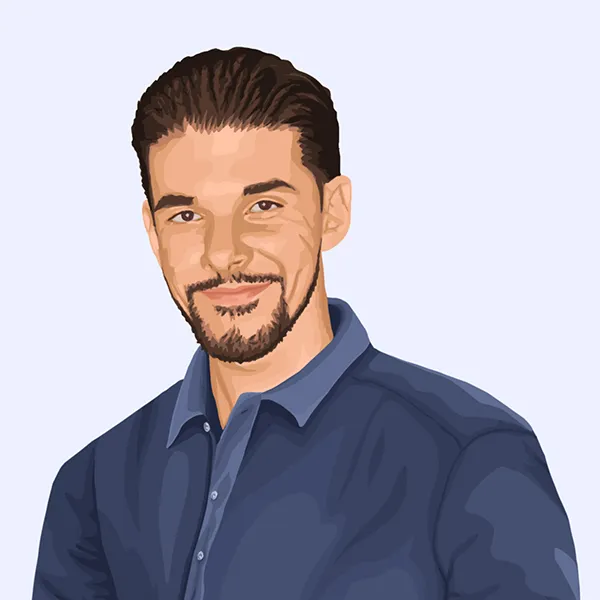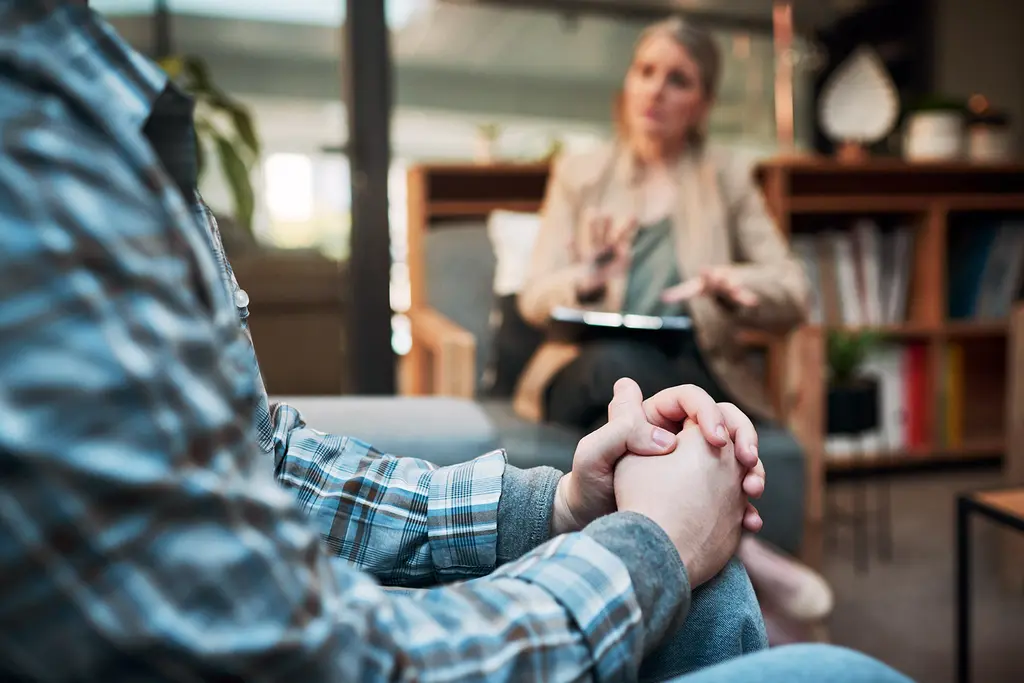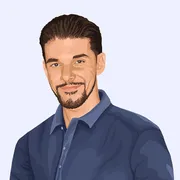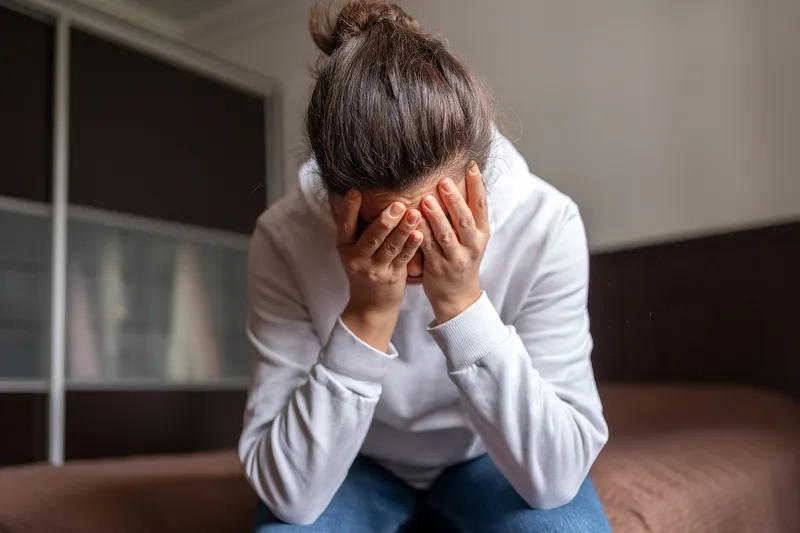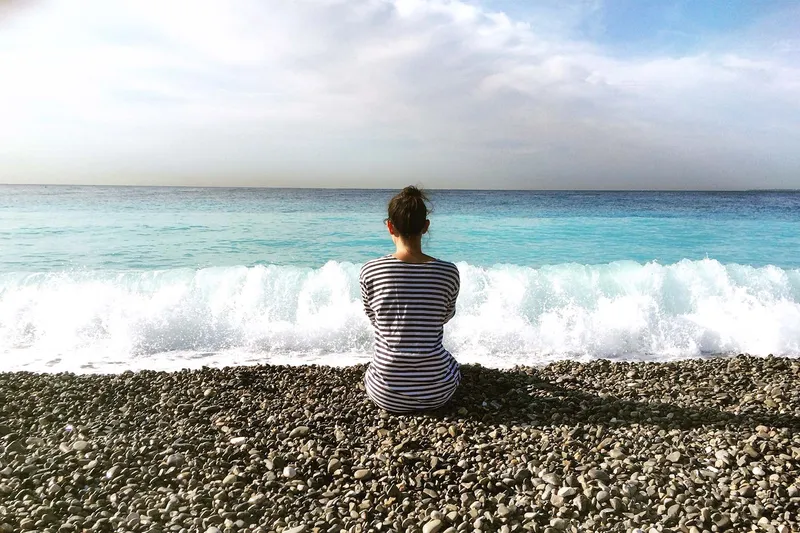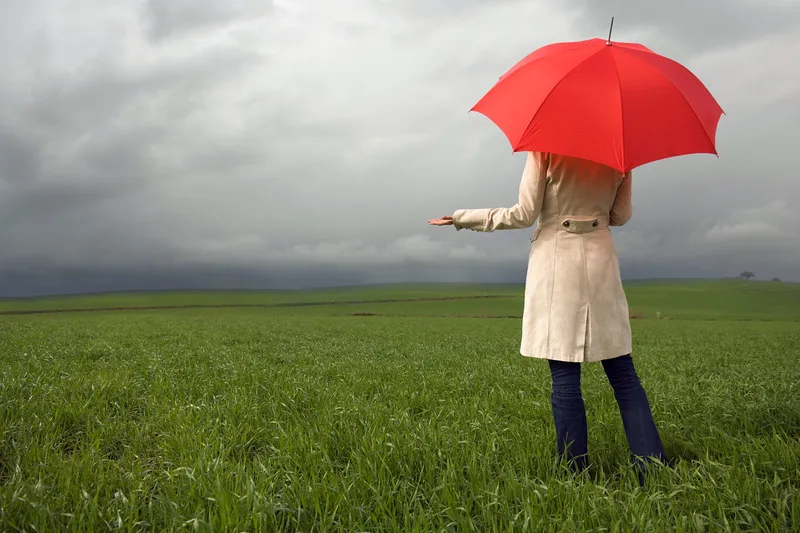
As anyone who has lived with almost any medical condition or ailment will tell you, there is almost always more than one way to approach your treatment. This is good news, because as individuals we are unique in our own ways, and what works for one person may not work for another.
This is especially the case when it comes to caring for your mental health and the treatment of depression, including major depressive disorders. I speak from experience when I tell you that what one person or doctor may find beneficial or helpful, another may find completely useless, to the point they question its existence and legitimacy.
Some doctors lean toward certain approaches over others, as well as quietly oppose others personally. This is something you tend to learn on your own. It often goes unsaid for some time at least, and we as patients have to be cordially proactive and politely vigilant when we're advocating for ourselves about what is or isn't working for us. If not us, then who?
While I found talk therapy to be helpful from pretty much day one in the treatment of my depression, I kind of always had a gut feeling it wasn't going to be enough to solve a problem that I denied the mere existence of for over a decade. People with depression often deny their own pain because we don't want to burden others. That being said, I always felt a prescription for an antidepressant would never be enough on its own, either.
Conveniently, writing tends to serve me in therapeutic ways, even though I can't fully comprehend and don't always appreciate it. This doesn't necessarily mean publishing the next crowd-pleaser I share with everyone I know. Sometimes just writing down how you feel, what's bothering you, or what you wanted to say to someone but didn't -- regardless of the reason -- helps me immensely.
However, as I stated earlier, someone else in a situation like mine may find such a tactic to be utterly pointless. Again, to each their own.
A more relatable yet still non-traditional and supplementary treatment of depression I use often and have found helpful in my everyday life is music. While I've heard others say this and add that they prefer something upbeat for obvious reasons, I've found music and art of all genres and varieties to be uplifting, to the point I consider it therapy. As an artistic and creative person, it allows me to take my mind off of my life just long enough that the worst of the sadness often subsides. Music and art have lifted me out of dark times more than once.
This non-medicinal and supplementary approach is the one I've truthfully found most helpful in my everyday life when it comes to treating depression. This is because this approach is available to me at a moment's notice. The best approaches are often filled with tactics, strategies, hints, and tips that we're able to put into practice almost anywhere or in any situation.
Photo Credit: Westend61 via Getty Images
Important:The opinions expressed in WebMD Blogs are solely those of the User, who may or may not have medical or scientific training. These opinions do not represent the opinions of WebMD. Blogs are not reviewed by a WebMD physician or any member of the WebMD editorial staff for accuracy, balance, objectivity, or any other reason except for compliance with our Terms and Conditions. Some of these opinions may contain information about treatments or uses of drug products that have not been approved by the U.S. Food and Drug Administration. WebMD does not endorse any specific product, service or treatment.
Do not consider WebMD Blogs as medical advice. Never delay or disregard seeking professional medical advice from your doctor or other qualified healthcare provider because of something you have read on WebMD. You should always speak with your doctor before you start, stop, or change any prescribed part of your care plan or treatment. WebMD understands that reading individual, real-life experiences can be a helpful resource, but it is never a substitute for professional medical advice, diagnosis, or treatment from a qualified health care provider. If you think you may have a medical emergency, call your doctor or dial 911 immediately.
